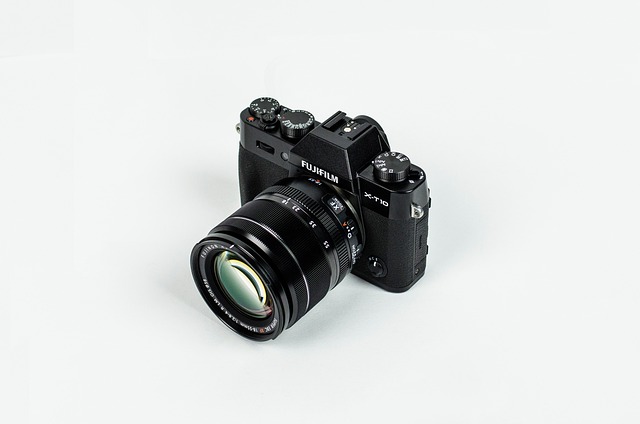Revolutionizing Business Automation: Advancements in Robotics and AI for Smart Manufacturing
The industrial landscape is witnessing an incredible transformation as companies embrace smart manufacturing through cutting-edge technologies like robotics and artificial intelligence (AI). This new era of automation is not just about enhancing efficiency; it’s about redefining the very foundation of production processes. Imagine a factory where machines work seamlessly with their human counterparts, where data-driven insights streamline operations, and where quality and speed go hand in hand. This vision is becoming a reality thanks to advancements in robotics and AI.
The Role of Robotics in Smart Manufacturing
Robotics has long played a pivotal role in manufacturing, but recent developments have pushed the boundaries even further. Modern robots are no longer limited to repetitive tasks; they are becoming smarter, more agile, and capable of complex decision-making. Through collaborative robotics, known as cobots, these machines can now work alongside humans, enhancing productivity while ensuring safety.
Imagine a scenario where a robot equipped with advanced sensors and AI can detect anomalies in the production line in real time, notifying operators before small issues escalate into significant problems. This proactive approach leads to minimized downtime and maximized output, giving businesses a competitive edge in the market. The feeling of security in knowing that you’re employing cutting-edge technology to keep operations running smoothly is a game changer.
Artificial Intelligence: The Brain Behind Automation
At the heart of smart manufacturing lies artificial intelligence. AI systems have the ability to analyze vast amounts of data at lightning speed, deriving insights that would take humans much longer to uncover. From predictive maintenance to optimizing supply chains, AI facilitates smarter decision-making, enabling businesses to adapt to market demands swiftly.
In the realm of product development, AI plays a crucial role in design and testing. By simulating various production scenarios and evaluating possible outcomes, businesses can innovate faster while reducing risks associated with new product launches. The ability to continuously improve and tailor products based on consumer preferences creates a direct connection with customers, fostering loyalty and satisfaction.
Automation in Business: A Cultural Shift
As organizations pivot towards automation, especially in smart manufacturing, it’s essential to recognize that this transformation is not purely technological; it’s also a cultural shift. Employees must be equipped with the skills necessary to thrive in an automated environment. Companies that invest in training and skill development are not just enhancing their workforce but empowering their teams to harness these innovations effectively.
The emotional landscape of this shift is complex. Workers may feel apprehensive about job security, yet this change also heralds new opportunities for personal growth and creativity. As routine tasks are handled by machines, employees can focus on more strategic and fulfilling aspects of their work, igniting passion and motivating innovation.
In this dynamic atmosphere, businesses are challenged to rethink their structures, workflows, and team dynamics. The journey towards fully automated processes may be filled with hurdles, but the rewards are limitless. Harnessing the power of robotics and AI within smart manufacturing signifies a remarkable leap forward, bringing forth a future where human ingenuity is augmented by technology, creating a synergy that propels industries to new heights.




